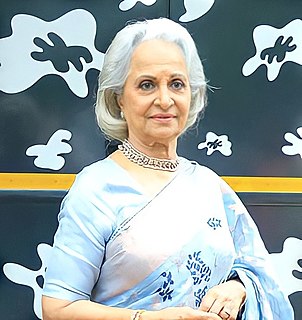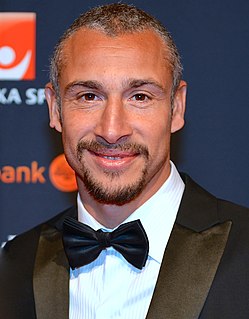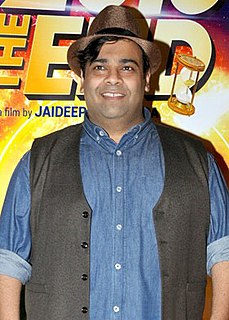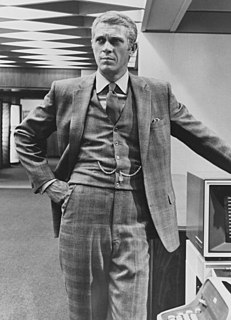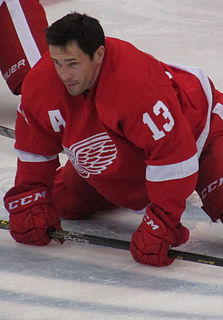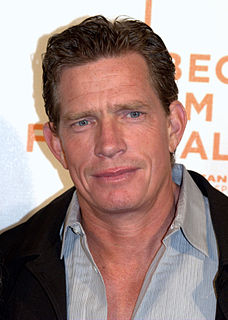A Quote by Waheeda Rehman
If you understand a scene well, it is not hard to translate it onscreen.
Related Quotes
You can write ten versions of a scene, and then, on the day, discover that something in the original scene worked. It's hard on writers. Hard on actors, hard on editors, hard on me, hard on the producers, who require patience and confidence. But I can't get to the end without going through this process.
I really like the Chris-R scene and of course the "you are tearing me apart Lisa" scene. The reason I love the Chris-R scene is because we worked really hard to finish it. It's not just that though, it brings people together. Everyone is one the roof together by the end of the scene. You see the perspectives of the different characters. I feel like with all the connections in this scene that the room connects the entire world
Translators have to prove to themselves as to others that they are in control of what they do; that they do not just translate well because they have a "flair" for translation, but rather because, like other professionals, they have made a conscious effort to understand various aspects of their work.
